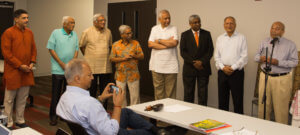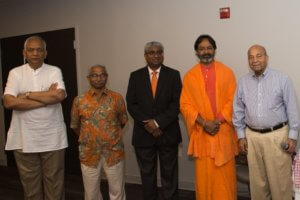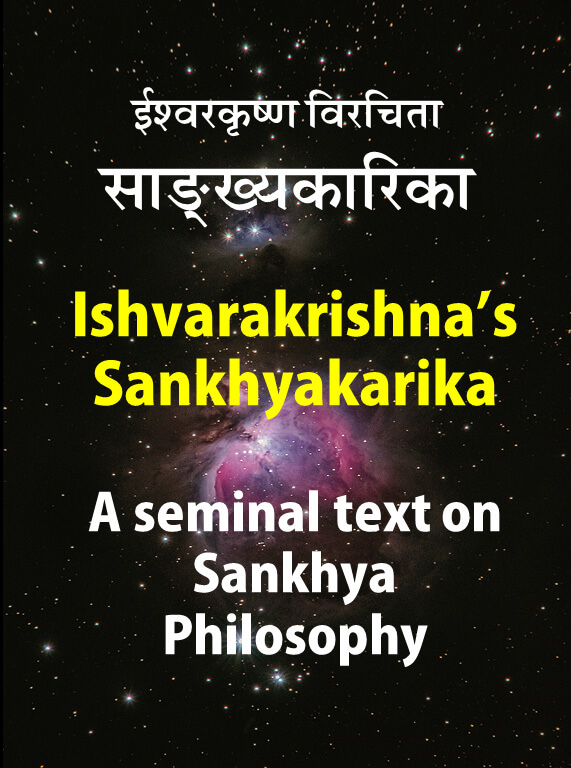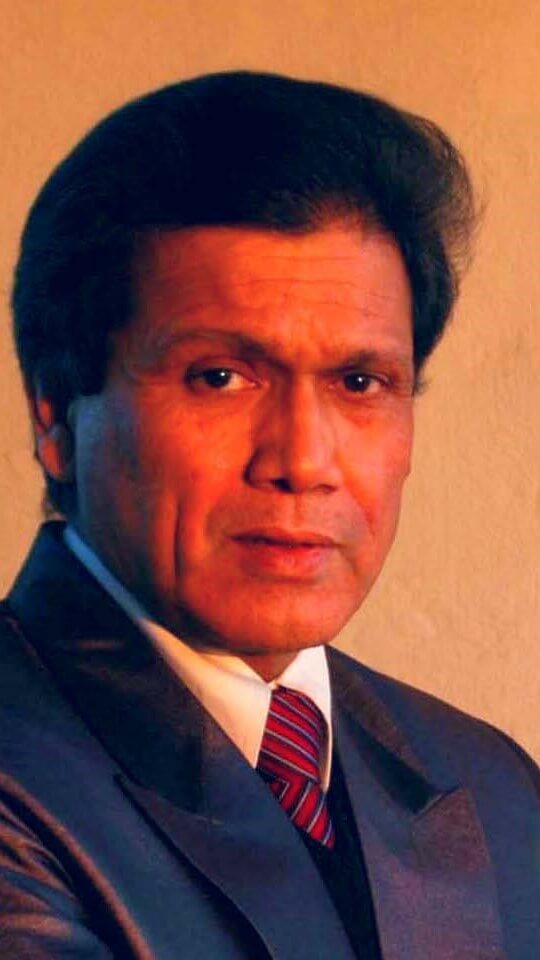
Latest Blog Ayurveda Day 2024 Bay Area
Annual Giving Campaign - 2024-2025 is under way. Donate today by Clicking Here, and help us reach our goal.
So far $401,039 has been raised out of a target of $ 3 Million. Click Here to donate today and help us reach our goal.












